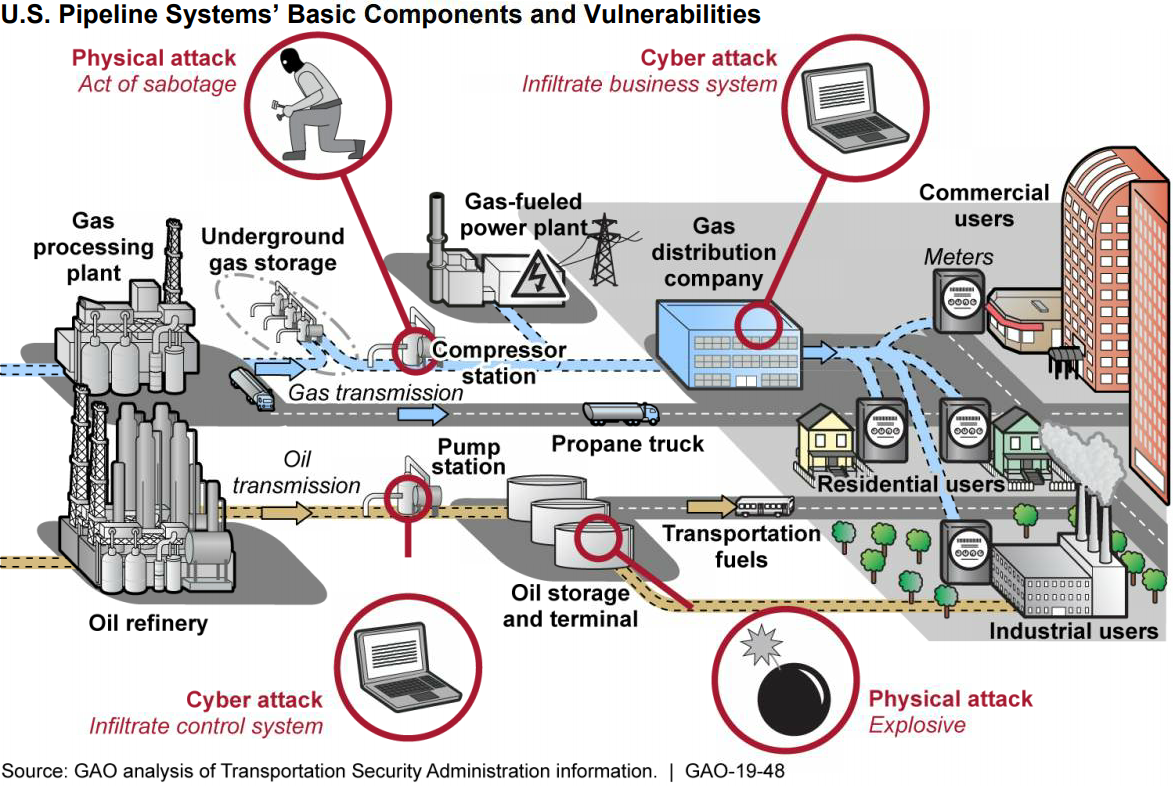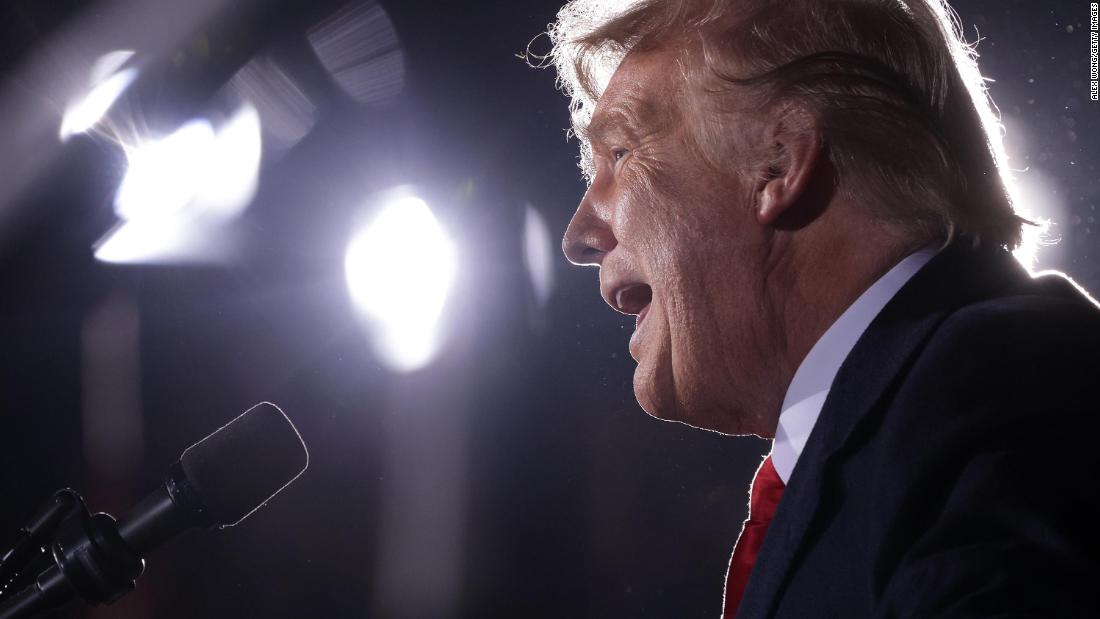Congo's Cobalt Export Restrictions: Implications For The Global Market And The Planned Quota System

Table of Contents
Understanding the DRC's Cobalt Industry and its Global Significance
The DRC is undeniably the world's leading cobalt producer, accounting for over 70% of global supply. This dominance makes the country's cobalt industry a linchpin in the global EV battery supply chain. Virtually every electric vehicle relies on cobalt-based batteries for their energy storage, creating a significant dependency on the DRC's production.
However, the DRC's cobalt mining sector is not without its challenges. Serious ethical concerns, including widespread child labor, environmental degradation, and unsafe working conditions, plague many mines. This has led to increasing calls for ethical sourcing of cobalt and greater transparency within the supply chain.
Keywords: DRC cobalt mining, global cobalt supply, ethical sourcing of cobalt, EV battery production
- Statistics: The DRC produces over 100,000 tonnes of cobalt annually, dominating the global market share.
- Key Players: Major international mining companies, alongside numerous smaller, artisanal miners, operate within the DRC.
- Major Importers: China, Japan, South Korea, and European nations are the primary importers of DRC cobalt.
The New Cobalt Export Restrictions and Quota System: A Detailed Analysis
The DRC government's decision to impose cobalt export restrictions and introduce a quota system stems from a desire to increase its revenue from this valuable resource and to enhance local processing capabilities. The rationale is to add value domestically rather than simply exporting raw materials.
The specifics of the new policy remain somewhat fluid, but it involves licensing requirements for cobalt exports, potentially limiting the quantity that can leave the country. This quota system aims to control the flow of cobalt and encourage the development of domestic refining and processing industries.
Keywords: DRC cobalt export policy, cobalt quota system, cobalt export licenses, cobalt price volatility
- Timeline: The implementation of these restrictions is ongoing, with various stages and adjustments likely to occur.
- Quota Details: The exact allocation methods and review processes for the quota system are still being defined, creating uncertainty for market players.
- Legal Challenges: The new restrictions are likely to face legal challenges from international companies and potentially other nations concerned about securing reliable cobalt supplies.
Implications for the Global Cobalt Market and the EV Industry
The impact of Congo's cobalt export restrictions on the global market is multifaceted. The most immediate concern is the potential for significant price increases. Reduced supply coupled with strong demand could lead to cobalt price volatility, impacting the cost of EV batteries and ultimately, the price of electric vehicles. This could slow down the adoption of EVs and potentially hinder the global transition to electric mobility.
Further, supply chain disruptions are a major threat. The reliance on a single major producer makes the industry vulnerable to political instability and policy changes within the DRC. Diversification of cobalt sources is crucial, but finding alternative, ethically sourced cobalt is proving a significant challenge.
Keywords: cobalt price forecast, EV battery costs, electric vehicle production, supply chain resilience, cobalt market outlook
- Price Predictions: Analysts predict significant short-term price increases, with the long-term outlook depending on the effectiveness of diversification efforts and the development of alternative battery technologies.
- Alternative Technologies: Research into alternative battery chemistries that reduce or eliminate cobalt dependence is gaining momentum, offering potential long-term solutions.
- Mitigation Strategies: Companies are developing strategies to secure cobalt supplies through long-term contracts, diversification of sourcing, and enhanced supply chain transparency.
Potential Solutions and Future Outlook for Responsible Cobalt Sourcing
Addressing the ethical and environmental challenges associated with cobalt mining in the DRC is critical. This requires a multi-stakeholder approach, involving collaboration between governments, mining companies, and NGOs. Initiatives focused on promoting sustainable mining practices, improving worker conditions, and reducing environmental damage are essential.
Transparency and traceability within the cobalt supply chain are also key. Blockchain technology, for example, offers potential solutions for tracking cobalt from mine to battery, ensuring responsible sourcing and preventing the use of conflict minerals.
Keywords: sustainable cobalt mining, responsible sourcing, traceability in supply chains, conflict-free cobalt
- Successful Initiatives: Several programs are already underway to improve working conditions, promote environmental protection, and support community development in cobalt mining regions.
- Technology's Role: Blockchain and other technologies are playing an increasingly vital role in enhancing supply chain transparency and traceability.
- Future Trends: Demand for cobalt is expected to remain high, necessitating a concerted effort to ensure sustainable, ethical, and responsible sourcing.
Conclusion: Navigating the Uncertainties of Congo's Cobalt Export Restrictions
Congo's cobalt export restrictions present significant challenges to the global cobalt market and the burgeoning EV industry. The potential for price volatility, supply chain disruptions, and ethical concerns necessitates a proactive response. Responsible sourcing, sustainable mining practices, and the development of alternative battery technologies are crucial for mitigating these risks. The long-term success of the EV revolution depends on navigating these uncertainties effectively. Understanding the impact of Congo's cobalt export restrictions, the future of Congo's cobalt exports, and managing risks associated with Congo's cobalt policy are crucial steps toward a sustainable and responsible future for the EV industry. Stay informed about developments in Congo's cobalt policies and advocate for responsible cobalt sourcing to ensure a secure and sustainable future for electric mobility.

Featured Posts
-
 Dodgers Offseason Review Strengths Weaknesses And Predictions
May 16, 2025
Dodgers Offseason Review Strengths Weaknesses And Predictions
May 16, 2025 -
 Repechage Lnh Decentralise Une Erreur De La Ligue
May 16, 2025
Repechage Lnh Decentralise Une Erreur De La Ligue
May 16, 2025 -
 Chinas Elite Team Securing A Critical Deal With The Us
May 16, 2025
Chinas Elite Team Securing A Critical Deal With The Us
May 16, 2025 -
 Understanding The Use Of Presidential Pardons During Trumps Second Term
May 16, 2025
Understanding The Use Of Presidential Pardons During Trumps Second Term
May 16, 2025 -
 Paris Robbery Kim Kardashian Details Assault And Fear Of Death
May 16, 2025
Paris Robbery Kim Kardashian Details Assault And Fear Of Death
May 16, 2025
